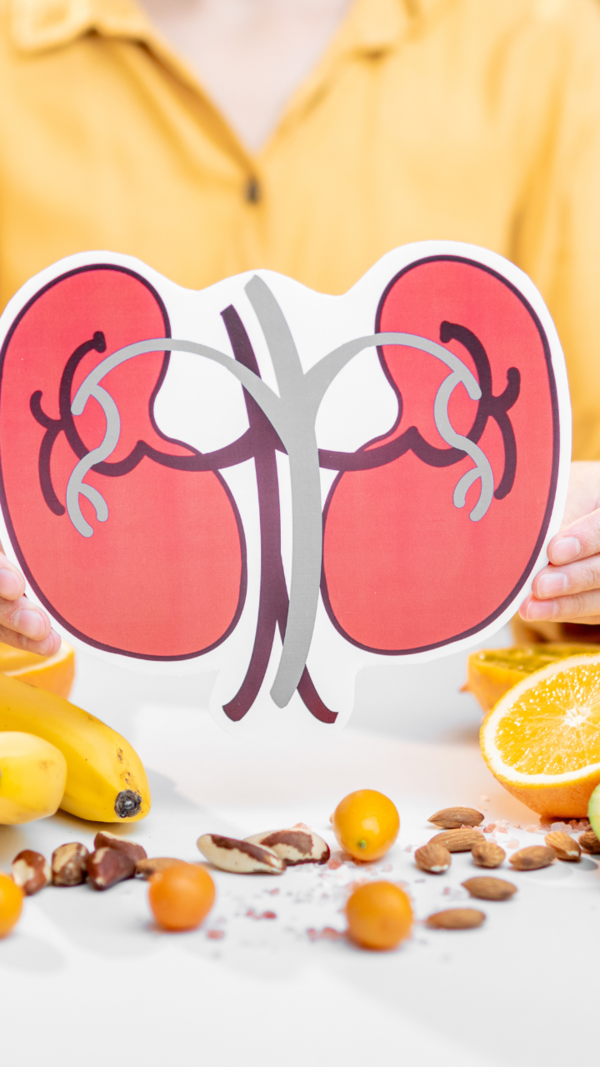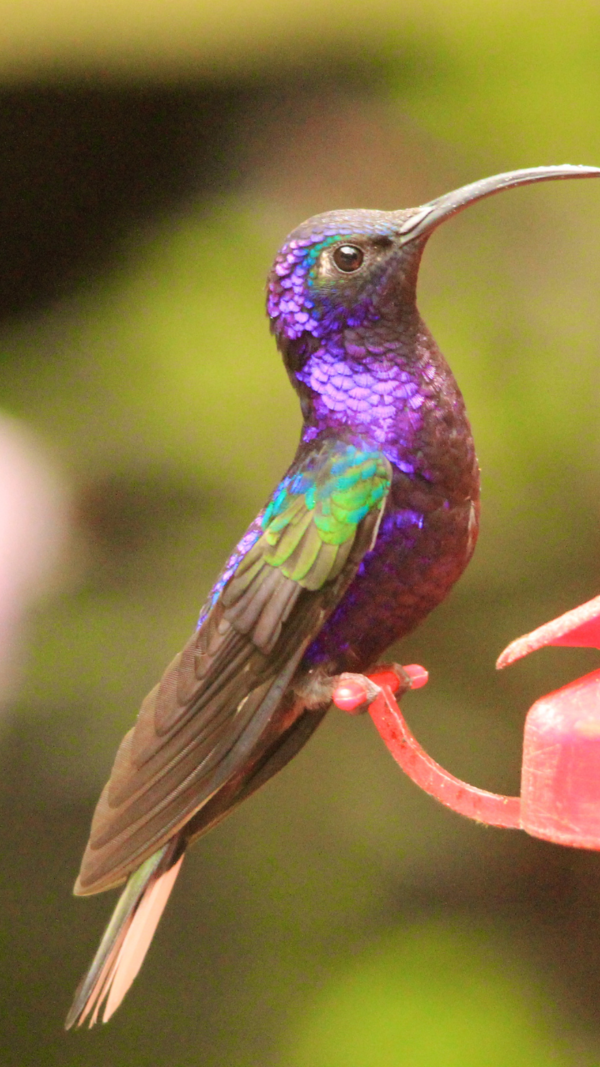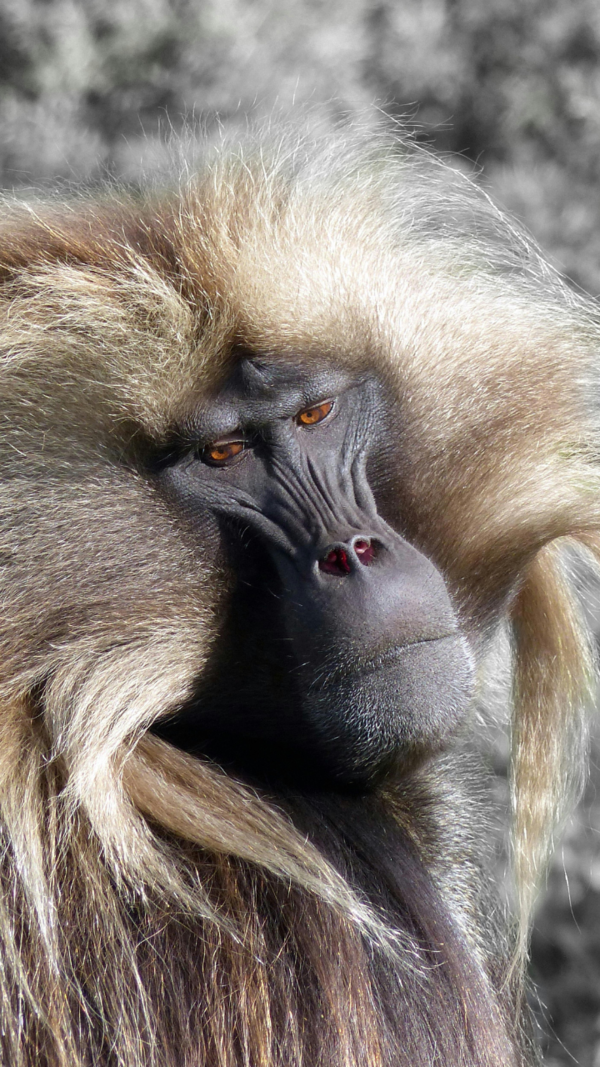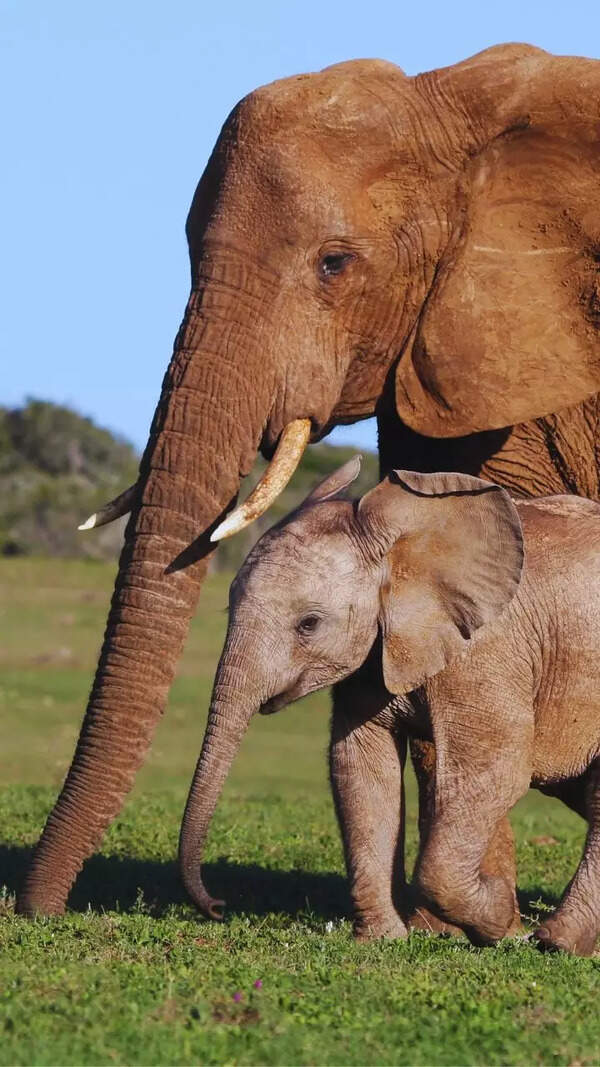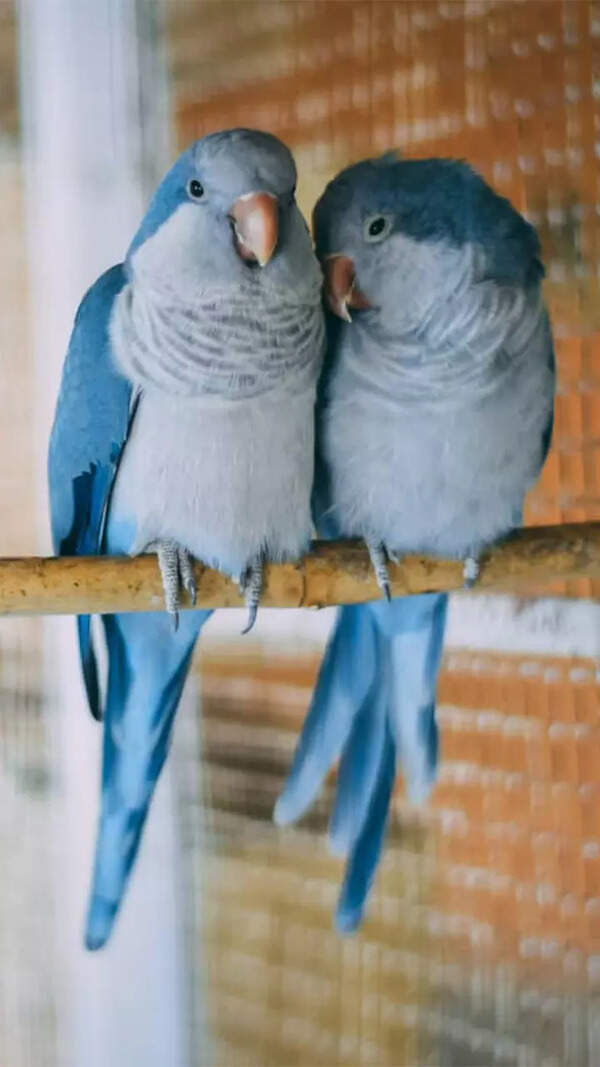Trending
Bengali New Year 2025: History, Significance and Facts
Pohela Baisakh, the Bengali New Year, falls on April 15. Celebrations occur in Bengal, Tripura, and Bangladesh. The day marks the start of the Bengali calendar. Festivities include dance, music, and food. Haal Khata is observed. People wear new clothes. UNESCO recognizes Shubhojatra. The Bengali New Year links to Tagore's works. It is a time for harmony and new beginnings.
Pohela Baisakh this year will be celebrated on Tuesday, April 15.Bengali New Year, Pohela Baisakh, is celebrated with great zeal, pomp, and show in Bengal, Tripura, and Bangladesh. It marks the first day of the Bengali calendar month, Boishakh.
Pohela Boishakh represents a colorful cultural restart for all Bengalis everywhere. Fêted with dance, music, cuisine, and solidarity, the occasion celebrates heritage and new starts alike. Featuring raucous parades through to emotional observances such as haal khata, Bengali New Year is a time of merriment celebrating heritage, identity, and optimism. Shubho Noboborsho!
Historical background:

The Bengali New Year is believed to have been introduced during the reign of Akbar, around 1584. It was designed to merge the lunar hijri calendar with the Hindu calendar to ease tax collection from Bengali farmers.
Significance of Boishakh:

People wear new clothes this day, which symbolizes a fresh start. Celebrate the festival with good food, music, and dance. This is declared as a public holiday in Bangladesh and is considered part of the country’s secular national identity. Bengali people offer prayers for goodwill and prosperity; they also open new account books known as Haal Khata. Pohela Boisakh promotes communal harmony and shared heritage in both India and Bangladesh .
How is it celebrated?
Cultural events frequently consist of Rabindranath Tagore songs, folk dances, and recitations of poetry.
Traditional popular foods are panta bhaat (fermented rice), ilish maachh (hilsa fish), and rosogolla and sandesh (sweets). The Mela Pohela Boishakh fairs feature rural crafts, toys, and local foods.
Interesting Fact?

Bangladesh’s Shubhojatra was announced by UNESCO as intangible cultural heritage in 2016.
This year, 1432 begins in 2025. Which is approximately 594 years before the commencement of the Gregorian calendar. Bengali New Year is generally linked to Tagore’s music and poetry.
Let us all join our hands together and celebrate this wonderful festival. Its a time for new beginnings, harmony and joyful celebrations
End of Article
FOLLOW US ON SOCIAL MEDIA
Visual Stories
Tired of too many ads?go ad free now


